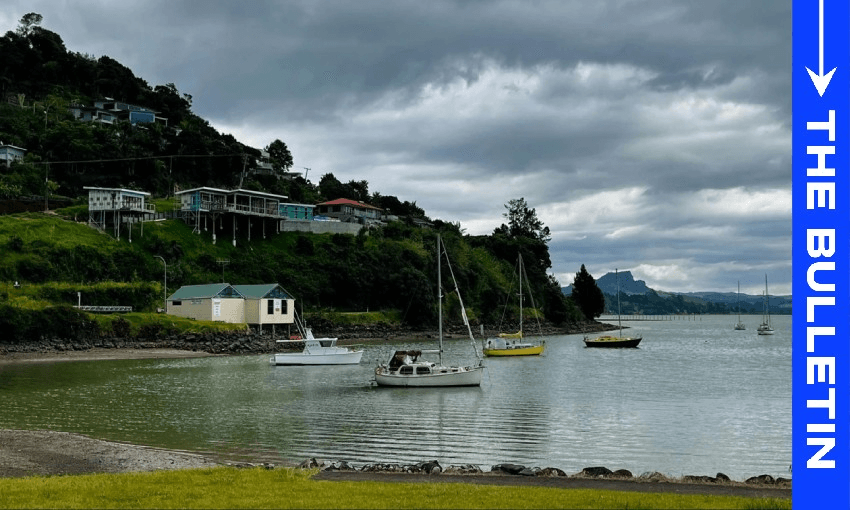We’ve been told to get used to hearing “managed retreat” over the next few years but for some, the concept is at odds with their reality and their world view, writes Anna Rawhiti-Connell in this excerpt from The Bulletin, The Spinoff’s morning news round-up. To receive The Bulletin in full each weekday, sign up here.
Managed retreat and adaptation on cyclone recovery task force’s agenda
Yesterday, the government released the Terms of Reference for the Cyclone Gabrielle Recovery Task force. Cyclone recovery minister Grant Robertson said the task force’s work will cover issues to do with managed retreat, as well as other adaptation and resilience issues. Sir Brian Roche has been appointed to lead the task force and says repairing state highways and red-zoning uninhabitable communities are “immediate issues” facing the rebuild. Climate change adaptation and managed retreat are terms we’ve been hearing a lot of but they’re also quite bureaucratic, politicised and complicated ideas, and in some instances, conceptually at odds with a range of world views.
“When the government says “managed retreat?” I say, “managed by who?” Managed for who?
In the first in a series of short features by Nadine Anne Hura profiling New Zealanders who are often overlooked in news coverage, Hura visits Whangaroa in the Far North, and shares the words of Nyze Manuel – trustee of Karangahape Marae, kaiwhakahaere of Taitokerau Border Control and business owner employing local whānau. It’s a revealing and vital look at how the concept of “managed retreat” is being received. “When the government says “managed retreat?” I say, “managed by who?” Managed for who? Managed where? We know that Māori will not be a priority in this conversation. The priority will be the flash-as whare that are falling down the cliff,” says Manuel.
Letting owners decide and hiking insurance premiums
The New Zealand Initiative’s Eric Crampton offers a different perspective on managed retreat writing that “higher insurance premiums in risky places would encourage more building in safer places, without anyone having to issue edicts.” Stuff columnist Ben Thomas bridges the gap between Crampton’s thinking and the truths revealed in Hura’s profile with a focus on Wairoa in Hawke’s Bay. “Government bailouts encourage more risk-taking behaviour, so surely owners can decide their own risk profile according to insurance costs. But how would the market signal of increased premiums work in communities like Wairoa, where the majority of residents are low income and without insurance anyway?”
The seductive appeal of saying it’s too late to mitigate climate change
Managed retreat fits into the paradigm of climate change adaptation. This morning on The Spinoff Max Rashbrooke picks up on the appeal of embracing adaptation as a way of solidifying the idea that it’s “too late” to mitigate climate change. Rashbrooke says that the message is “seductive” “for those who wish to leave their lifestyles undisturbed, and an understandable response to the devastation of Cyclone Gabrielle, an event that concentrates attention on how best to protect vulnerable communities. But it is absolutely the wrong lesson to draw from that disaster.”


